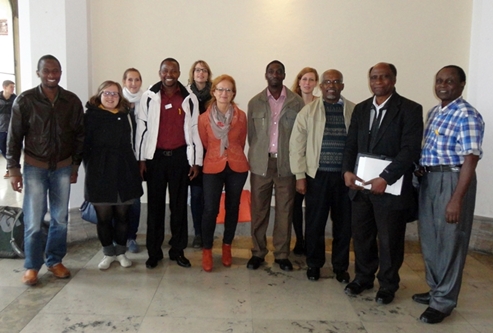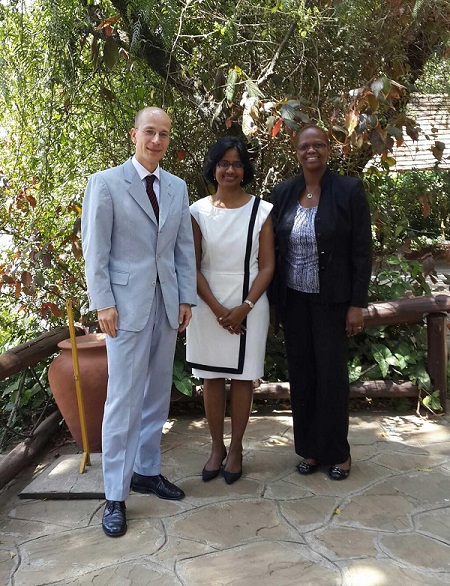A common desire many of us have is to be able to maintain our lifestyles even after retirement. This regardless of whether you retire here in Germany or back home. We compiled 7 things you should consider before making an investment.
1. Make a budget:
A budget is an estimate of the incomes and expenses for a set period. A budget gives you control over your money, saves the stress of suddenly having to adjust due to reduced income, and allows you to gauge how much you can save each week or month. Additionally, a budget aids in deciding which short-term expenditure to sacrifice in order to enjoy long-term benefits like a comfortable retirement.
2. Set up a time frame
Your investment timeframe will be critical for determining what you invest in and in what proportions.
While daily price fluctuations are the norm in the stock market, the property markets tend to be much more stable. Since property is less liquid, people usually hold onto their property investments, ride out market downturns and wait for prices to go up before selling. This means that generally speaking shares offer more liquidity and potential movement while property offers stability.
If you have a long investment timeframe, property investment may be a good option for stable capital growth. If you want to invest with a shorter timeframe in mind, the share market may be a good option since it has a much lower entry point and is therefore more easily accessible.
3. Draw a personal financial roadmap.
Before you make any investing decision, sit down and take an honest look at your entire financial situation — especially if you’ve never made a financial plan before. This helps you define a purpose for your money.
Money with a purpose is good servant. Money without a purpose is a bad master.
4. Evaluate your comfort zone in taking on risk.
All investments involve some degree of risk. If you intend to purchase securities – such as stocks, bonds, or mutual funds – it’s important that you understand before you invest that you could lose some or all of your money.
A risk tolerance test prepares you for the turbulence that lies ahead.
5. Diversify your investments.
Never put all your eggs in one basket. Spread your money between different kinds of savings products to help reduce the overall risk, as no investment product performs well all the time.
By including asset categories with investment returns that move up and down under different market conditions within a portfolio, an investor can help protect against significant losses. It’s always good to have your eggs in different baskets lest one of them breaks.
6. Create and maintain an emergency fund.
Most smart investors put enough money in a savings product to cover an emergency, like sudden unemployment. Some make sure they have up to six months of their income in savings so that they know it will absolutely be there for them when they need it.
But it’s also good to have an emergency fund that is geared towards investments that will enable you to take advantage of investment opportunities that come suddenly.
7. Avoid circumstances that can lead to fraud.
Scam artists read the headlines, too. Often, they’ll use a highly publicized news item to lure potential investors and make their “opportunity” sound more legitimate.










